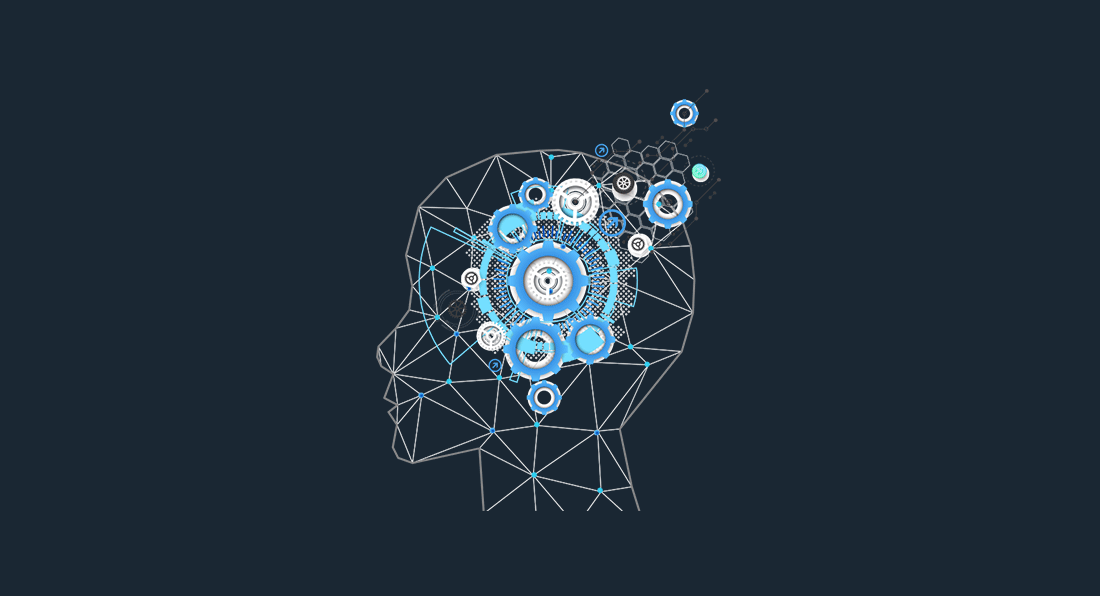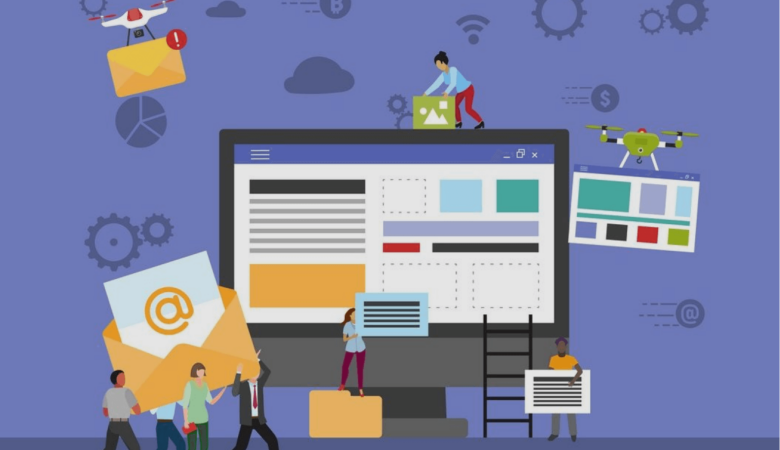The race to develop Artificial intelligence (AI) is well and truly on. Tech giants, such as Google (leaders by some margin according to Web of Science), Facebook and Microsoft are keen to profit from the AI gold rush.
Hundreds of smaller companies are following in their wake, all looking for a slice of the action.
Just so we’re all on the same page, here’s a quick definition of AI: Artificial intelligence is an intelligent agent that perceives its environment and takes action that maximizes its chances of success at a goal.
Fair enough. But, self-driving cars aside, does this kind of technology represent a threat or an opportunity to the average web designer?
Let’s start by getting an idea of how far AI has come.
What can AI do right now?
Google currently offers their Cloud Machine Learning Services claimed to be “fast, large scale and easy to use”.
Their Mainstream Machine Learning consists of pre-trained models and a service that allows you to generate your own models. Their deep learning system promises a better training performance and increased accuracy compared to other systems.
Google offers cloud APIs (application programming interfaces) in job search, speech recognition, text analysis & translation.
Google also offers APIs in video and image analysis.
Their image analysis, for example, allows you to understand the content of images using machine learning models. It “reads” an image and allocates it to one of thousands of categories. But it goes further. It looks for individual objects (including faces) and finds and reads printed words.
Using technology and tools available from Google, you could be building your very own AI design application right now!
So, who’s making use of AI technology in web design already?
Who’s leading the pack in implementing AI in web design?
There are quite a few early adapters of AI in the web design world. Here are a couple of examples from an online search:
Logojoy is an online, do-it-yourself, logo design service that lets small businesses create their own logo.
Logojoy uses artificial intelligence and advanced learning algorithms. The service is aimed at SMEs either starting a blog or re-branding. At the time of writing, more than 3 million logos had been produced on their platform.
Another design related product that has been using AI for years is Bannersnack. Their banner score algorithm determines how good your banner is and how likely it is to attract sales.
It’s not hard to see the attraction of such a service to a small business just starting up and working to a tight budget, but that was never the target audience of most established web designers in any case. There just isn’t enough money to be made with that kind of client.
What about taking online web design using AI a step further? What about a website that makes itself? Welcome to the grid.
The grid claims that you add content and “Molly” (your new AI Web Designer) takes care of the rest. Giving AI a face and personality is a clever move, and something we’ve seen before with the likes of Siri, the voice of the Apple IPhone’s personal assistant.
The Grid goes on to say that in three months she will have “searched through more design decisions than stars in our galaxy”. Powerful marketing indeed.
Some perspective on AI in web design
Google is shifting its focus from Search to AI, and that’s significant.
But, to think of AI as all doom and gloom, lost jobs and lost opportunities is short-sighted and not very helpful
While it’s true, designing for the web conforms to a set of design principles that suits AI, that’s far from being the whole story.
The opportunity to get a logo or a website quickly, and cost effectively, can work well for small and medium businesses. But beware. That suggests selling web design services as a commodity. As a flesh and blood web designer, if you’re doing that, you already have a problem.
Conclusion
So, is AI a threat or opportunity for web designers?
As early as 1975 there were predictions of the paperless office. It never happened. There were predictions of a computer on every desk. That did.
How far will AI impact on professional web design? It’s hard to say.
But remember, a web designer’s role isn’t limited to providing a logo or even a website. Larger clients are looking for expertise, ideas, professional input, feedback and hand-holding.
Maybe, even that “human touch”.
However, as with all emerging technologies, it does no harm to keep a watching brief on developments.






Leave a Reply